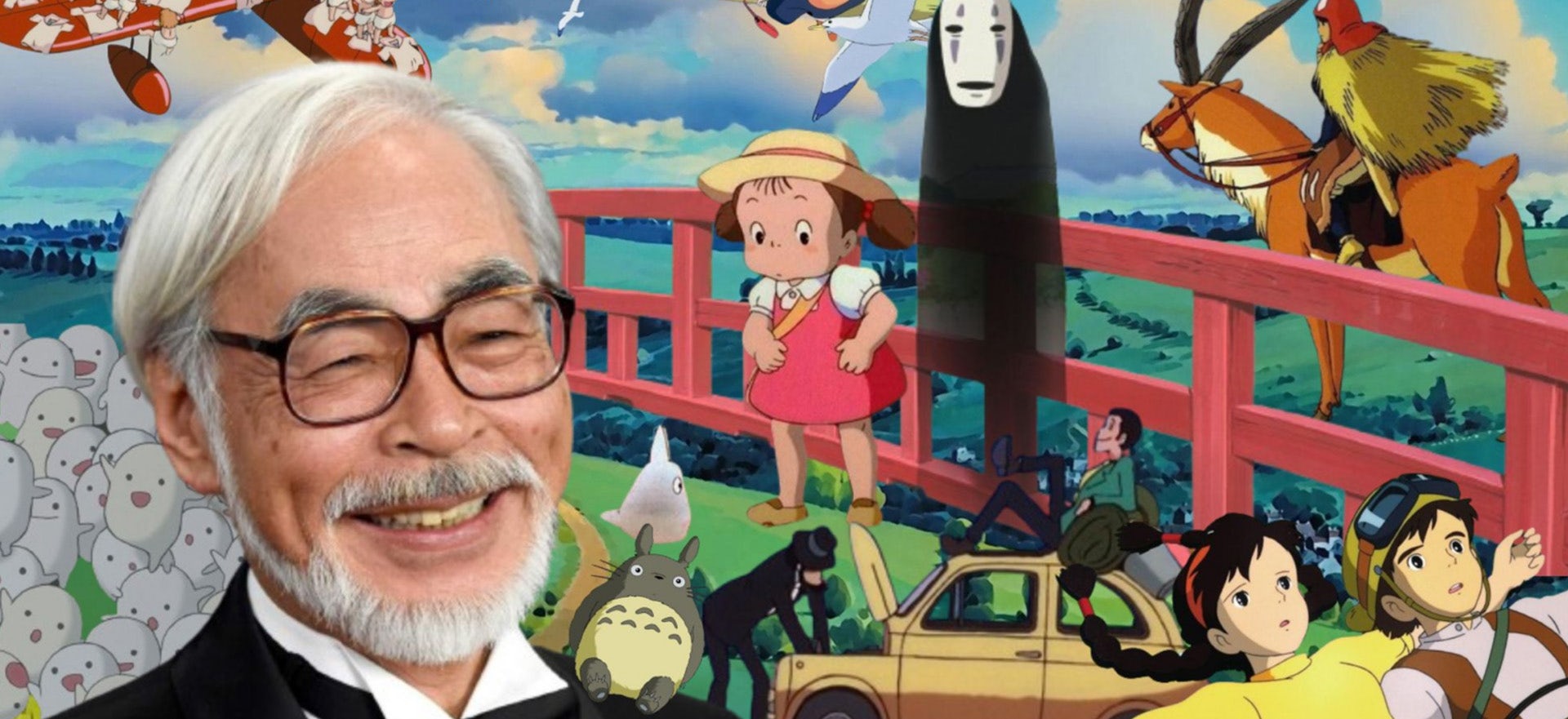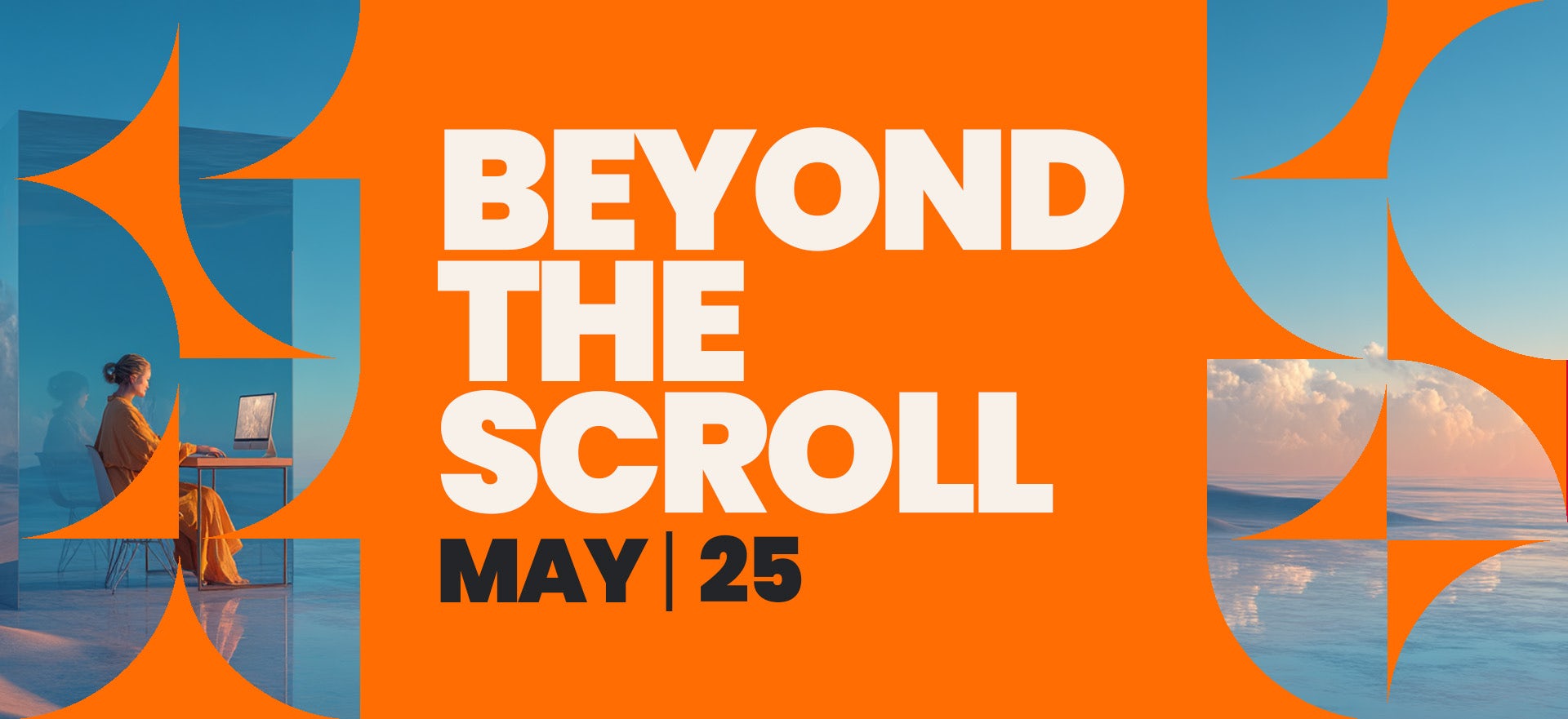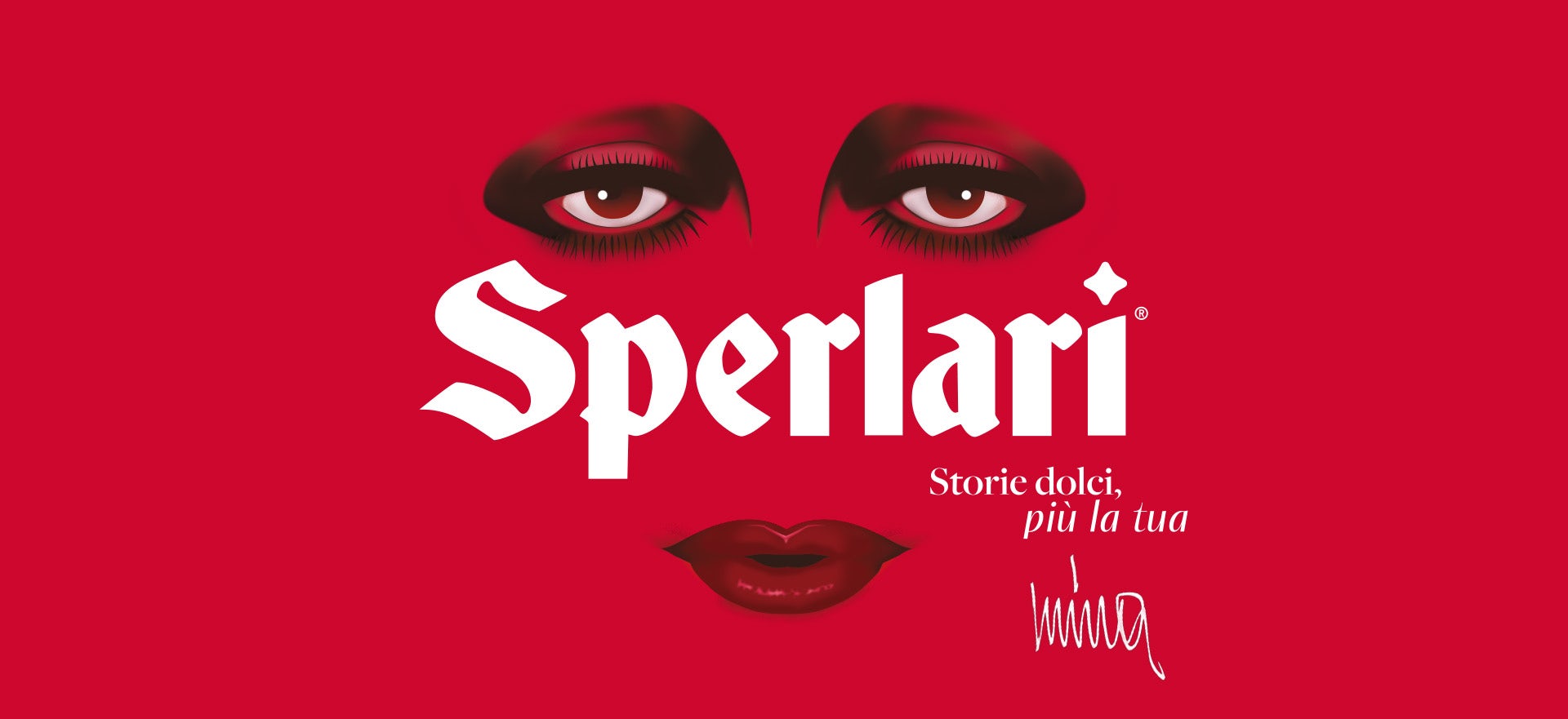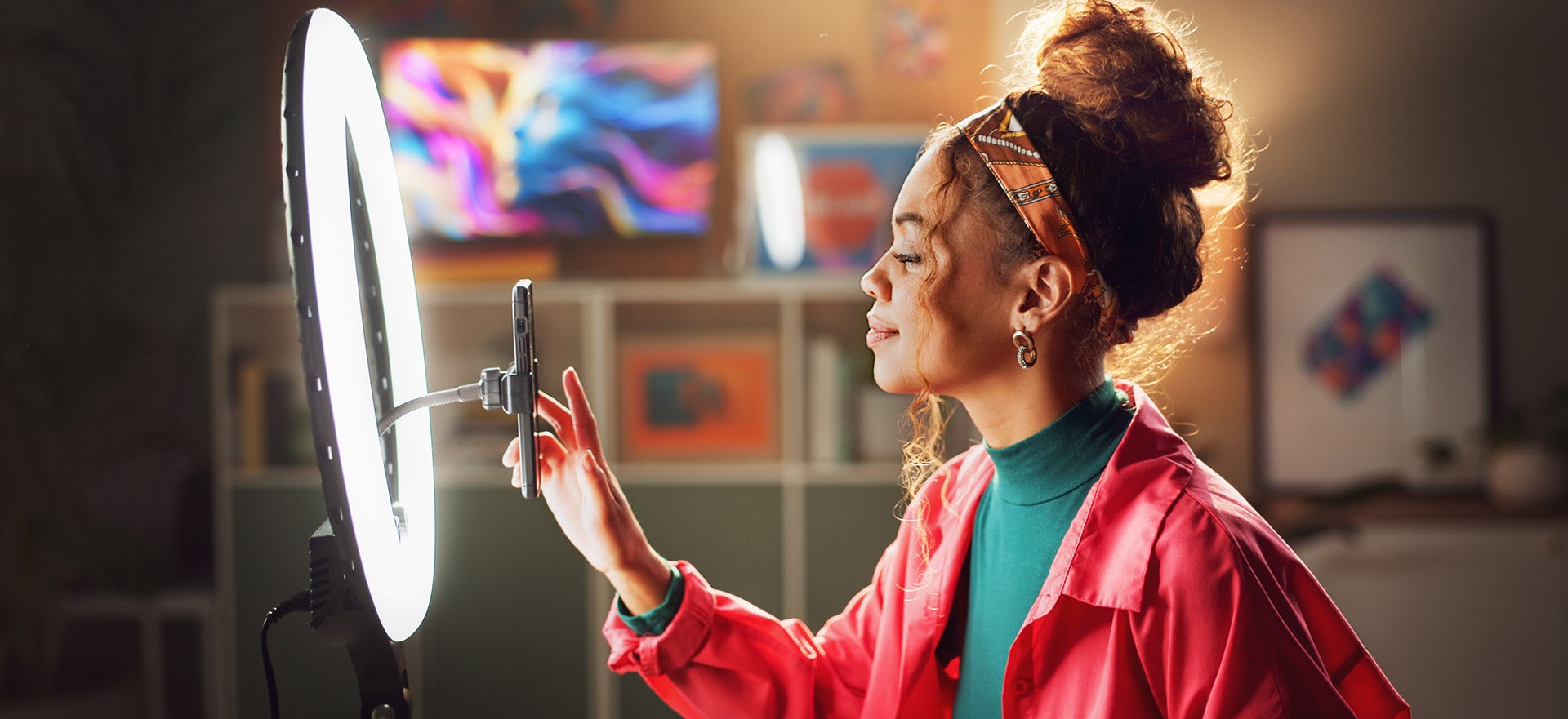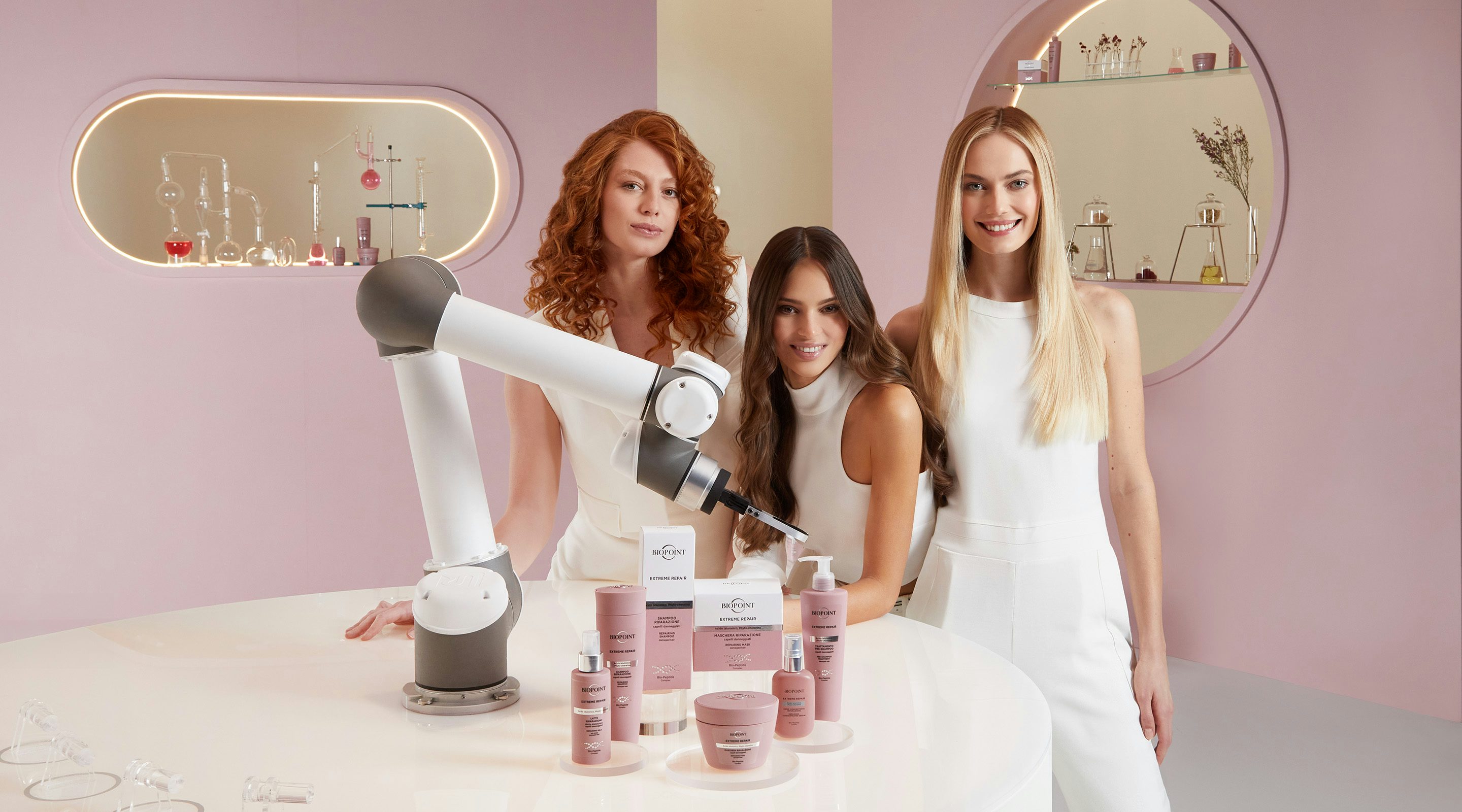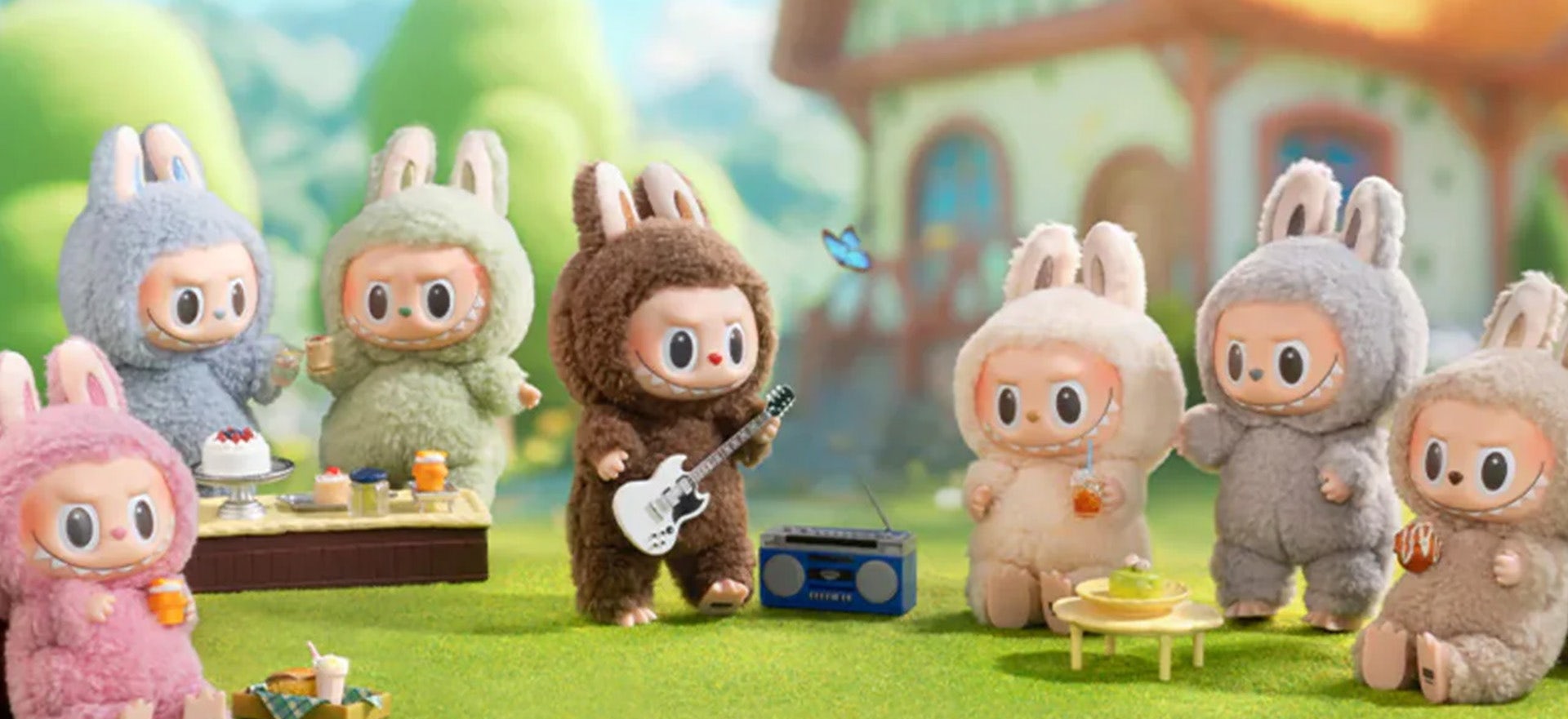"I strongly feel that this is an insult to life itself."
Questo è ciò che Hayao Miyazaki affermò nel 2016, nel documentario "Never-Ending Man: Hayao Miyazaki", quando gli fu mostrata un'animazione generata dall'IA. Dopotutto, Miyazaki ha sempre creduto nell'importanza del tocco umano – dalla narrazione all'esecuzione – frutto di ore di lavoro artigianale e di un'attenzione quasi ossessiva ai dettagli. Eppure, è proprio il suo lavoro che ora viene replicato da migliaia di immagini generate dall'IA.
La domanda è: queste immagini sono un omaggio o un furto?
Miyazaki e il suo studio non hanno mai dato il consenso all'utilizzo delle migliaia di immagini necessarie per replicare questo contenuto. E se gli artisti umani devono rispettare le leggi sul copyright e i limiti etici, perché gli algoritmi non dovrebbero essere tenuti allo stesso standard?
Non è la prima volta che l'IA suscita dibattiti nel mondo creativo. Questi strumenti stanno rivoluzionando il modo in cui vengono prodotti i contenuti. Da un lato, possono essere utilizzati per accelerare i processi e supportare nuove idee. Dall'altro, senza una regolamentazione chiara, rischiano di trasformarsi in macchine per il plagio su larga scala.
Dal punto di vista legale, non esistono ancora regole chiare. E mentre le aziende continuano a sviluppare modelli sempre più avanzati, il mondo dell'arte si ritrova bloccato in un limbo.
La tendenza che stiamo osservando oggi riflette chiaramente questa lacuna legislativa, ma anche quanto poco comprendiamo veramente il funzionamento di questi sistemi.
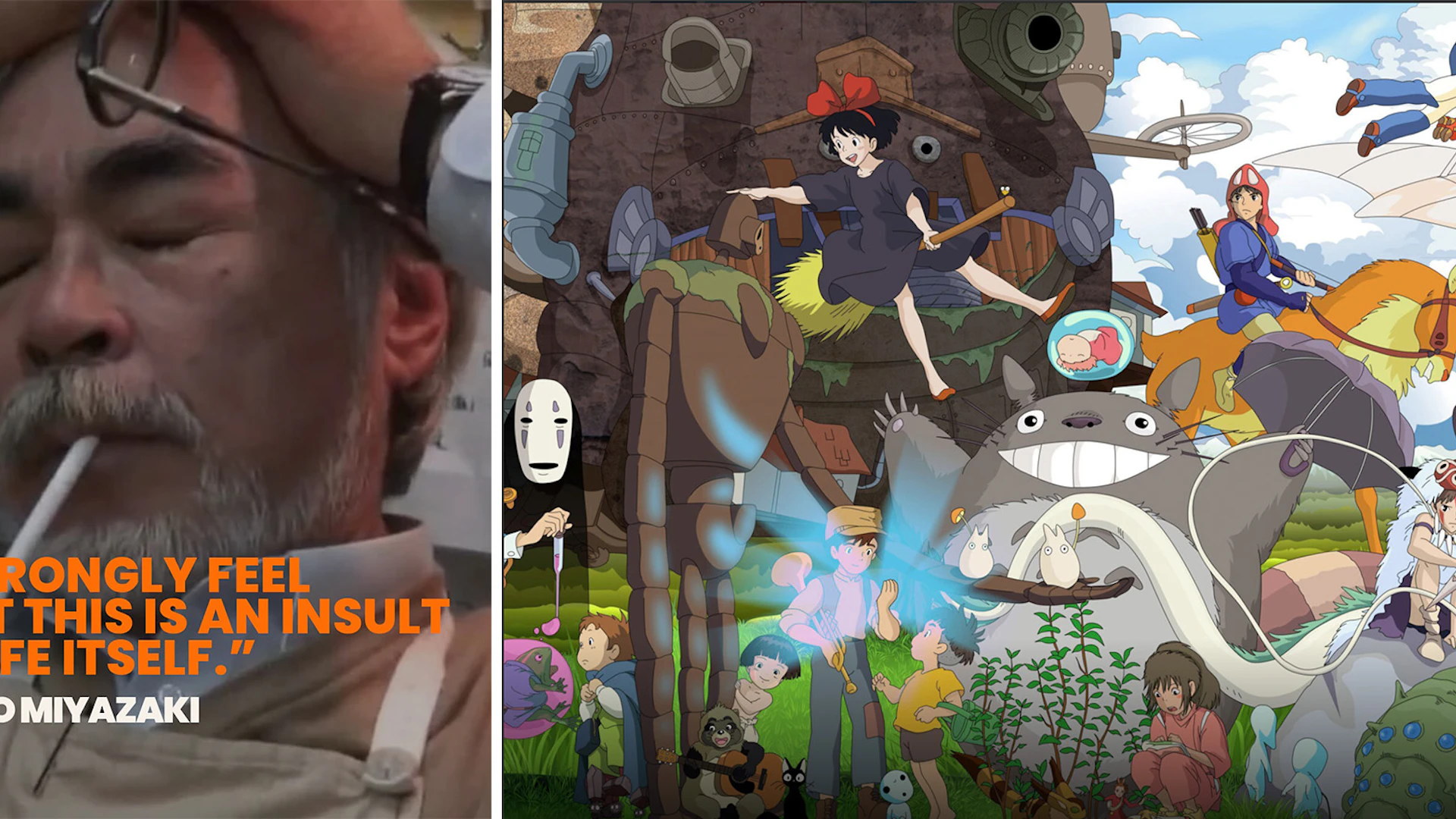
L'intelligenza artificiale non prova emozioni, non sogna, non ha una storia da raccontare. Può imitare, ma non può provare emozioni. E se il mondo continua a lasciarsi sedurre dalla sua velocità e accessibilità, il rischio è che il concetto stesso di arte si riduca a un algoritmo che rigurgita immagini perfette ma senz'anima. E soprattutto, privo di innovazione: la macchina finirà per autoalimentarsi, se i professionisti che la alimentano non saranno tutelati.
Oggi ci troviamo di fronte a una scelta: se la legge non ha ancora imposto limiti, sta a noi decidere fino a che punto vogliamo spingerci.

